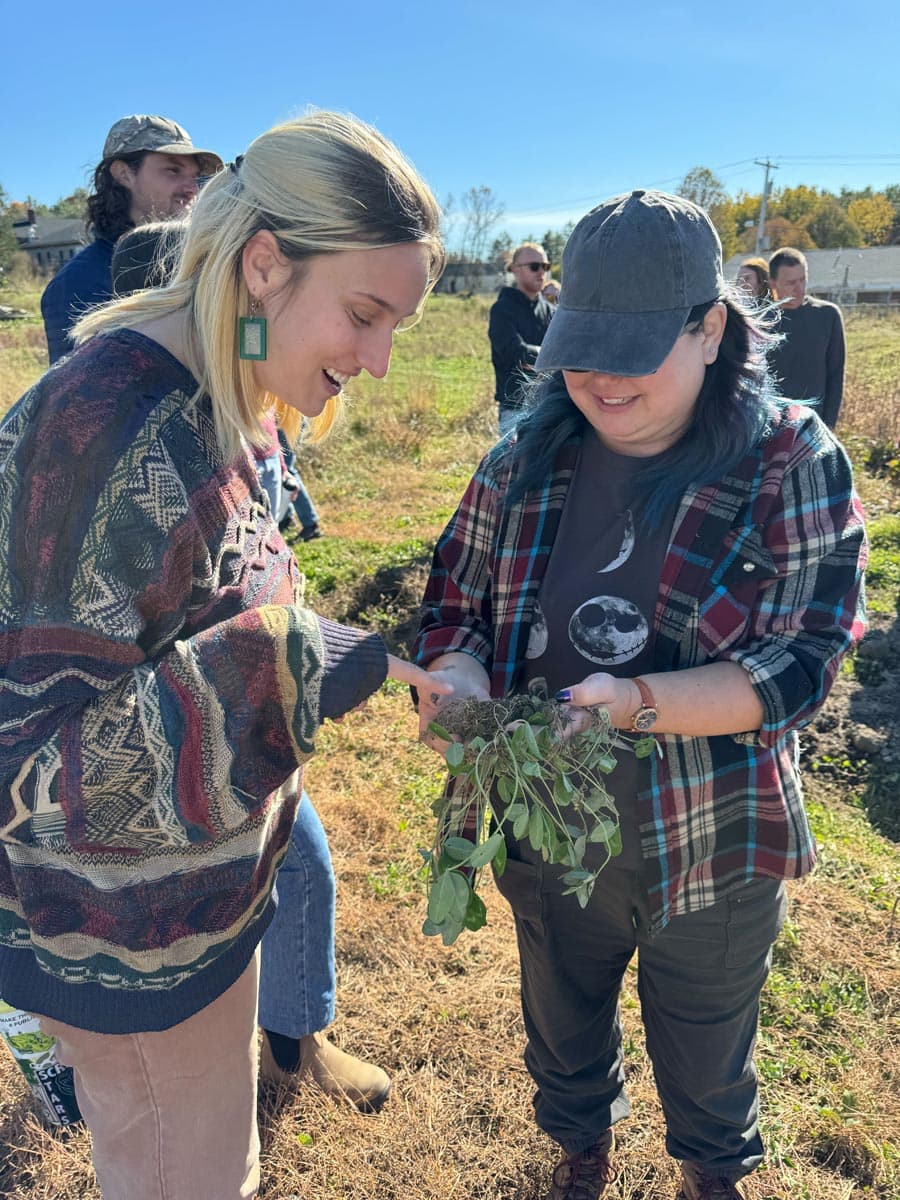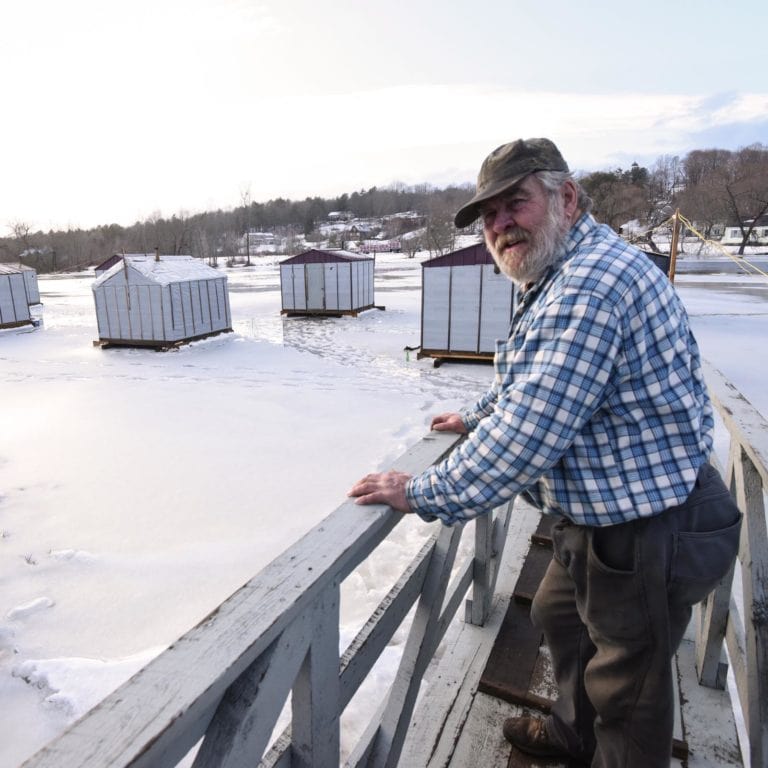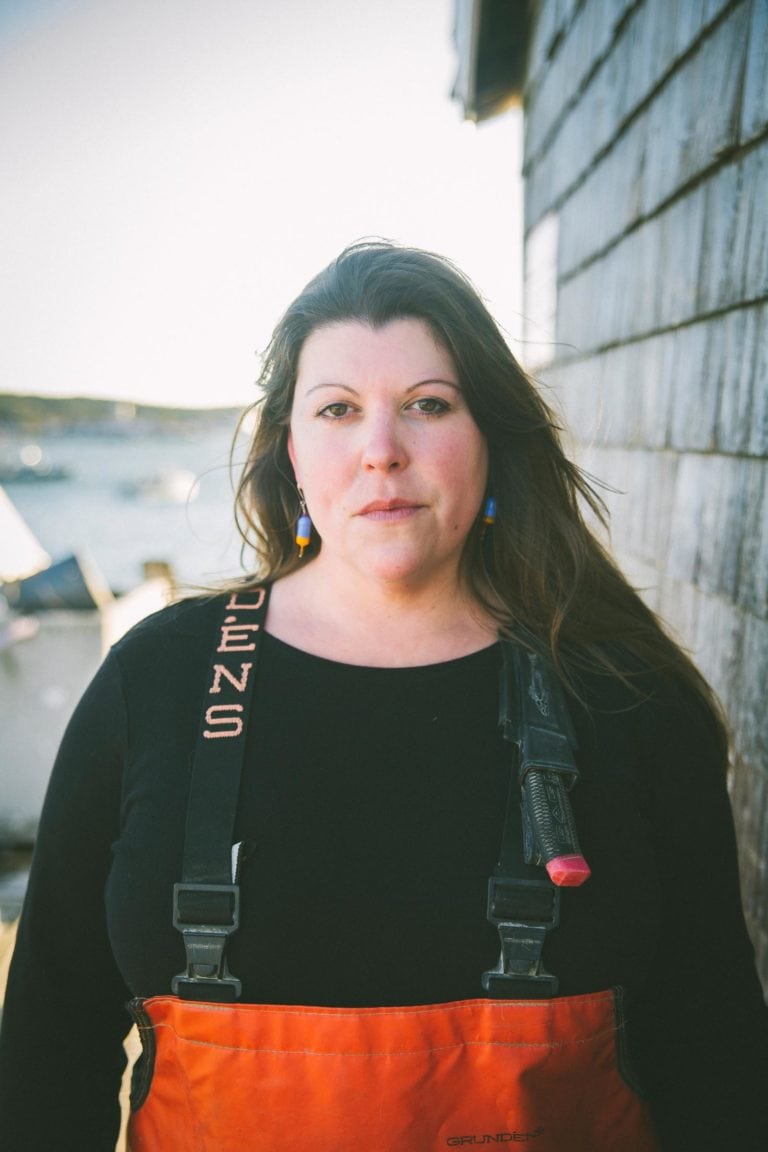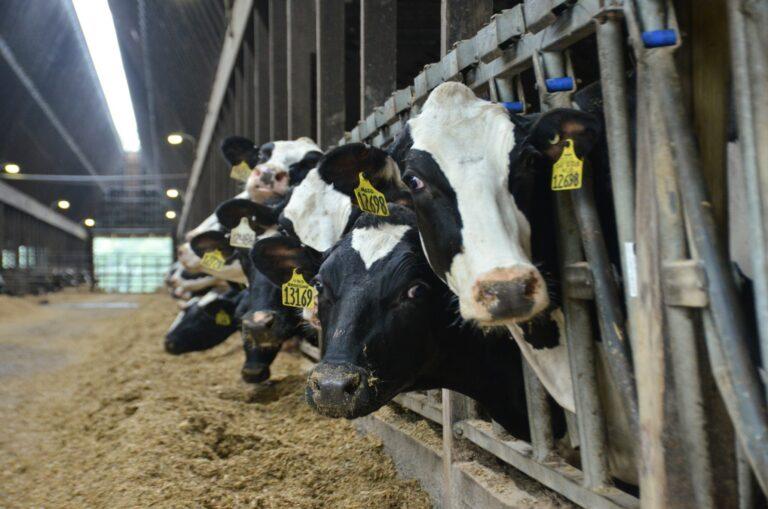Maine’s identity might seem tied to its iconic coastlines and sprawling forests, but less publicized are its million-acre agricultural backbone and its more than 7,600 farms. These farmlands, teeming with blueberries, potatoes, and sweet corn, reflect a robust heritage. However, as urban sprawl consumes once-fertile lands and “forever chemicals” (PFAS) challenge soil health, the future of Maine farming has never seemed more precarious.
Enter Maine Farmland Trust (MFT), a nonprofit organization that has been safeguarding the state’s agricultural landscape since 1999. While many view the Trust as a simple land conservation group, MFT’s role is much more profound. It not only protects Maine’s farmland from development, but ensures farmers themselves can remain on their land and thrive. MFT has aided over 500 farms with its wide-reaching programs, which range from farmland protection to climate resiliency.

At the core of MFT’s operations is the protection of farmland through conservation easements. “The idea is to protect farmland so there’s a land base available that farmers can access,” says Brett Sykes, co-director of farmland protection at MFT. Beyond these easements, MFT offers a FarmLink program that matches farm owners with aspiring land buyers and bolsters its support with business planning, workshops, and succession guidance. These efforts extend to policy advocacy aimed at crafting state-level strategies for agricultural preservation and climate resilience.
Sykes explains that the Trust’s work doesn’t stop at keeping land affordable; it also prepares farms for the future. Recently, as part of the organization’s initiative to help farmers adapt to a changing climate, MFT hired Breonna Fink as conservation and climate planner. One of the tools MFT now offers allows farmers to evaluate climate risks specific to their properties—factors like soil loss and sea-level rise—and receive tailored on-the-ground climate adaptation plans.
Yet, the work of MFT transcends long-term climate forecasts. In 2020, when PFAS contamination was discovered on over 60 Maine farms, the Trust stepped in to provide immediate relief. Partnering with the Maine Organic Farmers and Gardeners Association, MFT launched an emergency relief fund to support farmers whose livelihoods were threatened by these chemicals. “We have ongoing advocacy helping connect folks with resources,” says Sykes, adding that the Trust works with severely affected farms to secure funding and forge plans for their future solvency.
As the challenges facing Maine’s agricultural landscape evolve—from industrial contamination to the ever-present threat of climate change—MFT has remained a steady hand guiding farmers through uncertainty. Its multifaceted approach ensures that Maine’s farms remain not only protected but prosperous, giving the state’s vibrant farming legacy a fighting chance in the face of modern pressures.
Thanks to MFT, Mainers can continue to take pride in the food on their tables, knowing that those acres of fertile land, rich with blueberries, potatoes, and corn, are being safeguarded for generations to come.














